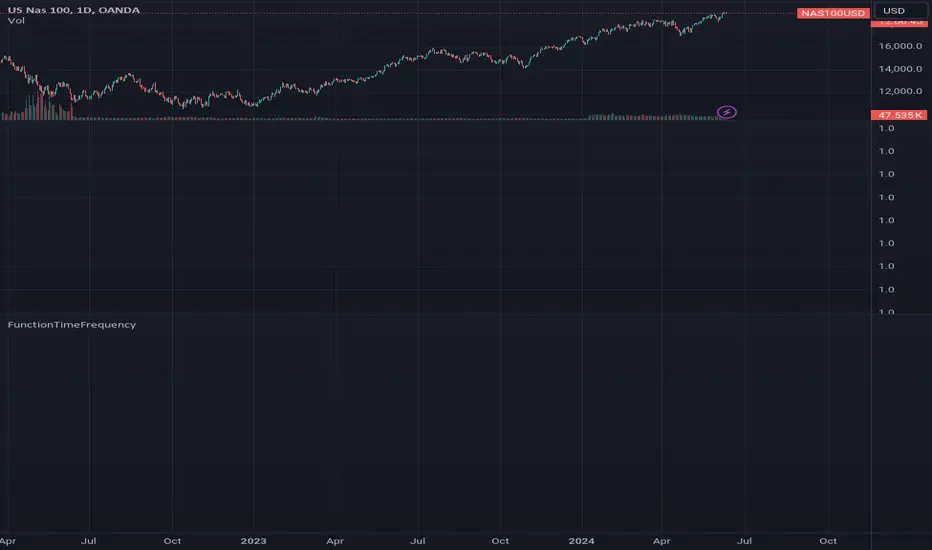FunctionTimeFrequency

Functions to encode time in a normalized space (-0.5, 0.5) that corresponds to the position of the
current time in the referrence frequency of time.
The purpose of normalizing the time value in this manner is to provide a consistent and easily comparable
representation of normalized time that can be used for various calculations or comparisons without needing
to consider the specific scale of time. This function can be particularly useful when working with high-precision
timing data, as it allows you to compare and manipulate time values more flexibly than using absolute second
counts alone.
Reference:
github.com/xll0328/TimeSieve/blob/main/utils/timefeatures.py
second_of_minute(t)
Second of minute encoded as value between (-0.5, 0.5).
Parameters:
t (int): Time value.
Returns: normalized time.
minute_of_hour(t)
Minute of hour encoded as value between (-0.5, 0.5).
Parameters:
t (int): Time value.
Returns: normalized time.
hour_of_day(t)
Hour of day encoded as value between (-0.5, 0.5).
Parameters:
t (int): Time value.
Returns: normalized time.
day_of_week(t)
Day of week encoded as value between (-0.5, 0.5).
Parameters:
t (int): Time value.
Returns: normalized time.
day_of_month(t)
Day of month encoded as value between (-0.5, 0.5).
Parameters:
t (int): Time value.
Returns: normalized time.
day_of_year(t)
Day of year encoded as value between (-0.5, 0.5).
Parameters:
t (int): Time value.
Returns: normalized time.
month_of_year(t)
Month of year encoded as value between (-0.5, 0.5).
Parameters:
t (int): Time value.
Returns: normalized time.
week_of_year(t)
Week of year encoded as value between (-0.5, 0.5).
Parameters:
t (int): Time value.
Returns: normalized time.
Pine Bibliothek
Ganz im Sinne von TradingView hat dieser Autor seinen/ihren Pine Code als Open-Source-Bibliothek veröffentlicht. Auf diese Weise können nun auch andere Pine-Programmierer aus unserer Community den Code verwenden. Vielen Dank an den Autor! Sie können diese Bibliothek privat oder in anderen Open-Source-Veröffentlichungen verwenden. Die Nutzung dieses Codes in einer Veröffentlichung wird in unseren Hausregeln reguliert.
Haftungsausschluss
Pine Bibliothek
Ganz im Sinne von TradingView hat dieser Autor seinen/ihren Pine Code als Open-Source-Bibliothek veröffentlicht. Auf diese Weise können nun auch andere Pine-Programmierer aus unserer Community den Code verwenden. Vielen Dank an den Autor! Sie können diese Bibliothek privat oder in anderen Open-Source-Veröffentlichungen verwenden. Die Nutzung dieses Codes in einer Veröffentlichung wird in unseren Hausregeln reguliert.